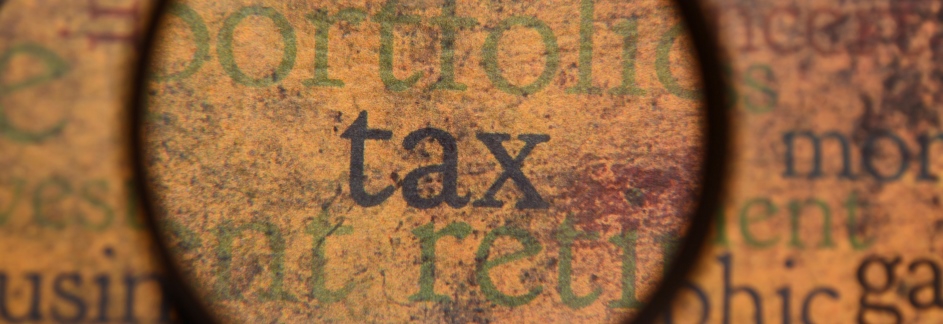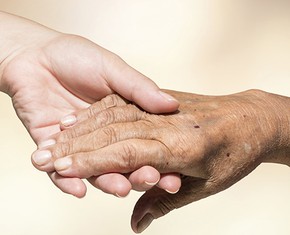The views expressed in our content reflect individual perspectives and do not represent the authoritative views of the Baha'i Faith.
 Americans hate taxes, right? Most people from developed countries resent paying their taxes, don’t they? That may be the popular media perception, but when pollsters ask “Do you regard the income tax you will pay this year as fair?” the answers may surprise you.
Americans hate taxes, right? Most people from developed countries resent paying their taxes, don’t they? That may be the popular media perception, but when pollsters ask “Do you regard the income tax you will pay this year as fair?” the answers may surprise you.
The Gallup Poll has asked that question for years. This is what they found in 2012: almost two-thirds of supposedly anti-tax Americans (59%) said their taxes were fair. A little more than a third (37%) said their taxes were unfair. Overwhelmingly, by very large margins, Americans — and people from almost all other developed nations — consistently tell pollsters they believe their taxes are fair.
 Actually, most people pay their taxes willingly, knowing they fund necessities like education, infrastructure, police and fire protection, health care and essential services for children, the poor, the elderly and the disabled. A civil society depends on taxation, and everyone benefits from what civil society provides – schools, universities, public health and research facilities, roads, bridges, hospitals and many other important public institutions, all provided by taxation, have given much of today’s world an advanced standard of living unparalleled in past societies.
Actually, most people pay their taxes willingly, knowing they fund necessities like education, infrastructure, police and fire protection, health care and essential services for children, the poor, the elderly and the disabled. A civil society depends on taxation, and everyone benefits from what civil society provides – schools, universities, public health and research facilities, roads, bridges, hospitals and many other important public institutions, all provided by taxation, have given much of today’s world an advanced standard of living unparalleled in past societies.
The Baha’i teachings, since their introduction to the world 150 years ago, have called for progressive, fair and graduated taxes, all based on the fundamental idea that we are one human family. Progressive taxation isn’t new — Great Britain first implemented progressive tax policies centuries ago, and President Abraham Lincoln signed the first progressive income tax law in the U.S. in 1862. Baha’is believe strongly that just, well-ordered societies tax progressively to encourage kindness and compassion toward all:
Although the body politic is one family yet because of lack of harmonious relations some members are comfortable and some in direst misery, some members are satisfied and some are hungry, some members are clothed in most costly garments and some families are in need of food and shelter. Why? Because this family lacks the necessary reciprocity and symmetry.
…Is it possible for one member of a family to be subjected to the utmost misery and to abject poverty and for the rest of the family to be comfortable? It is impossible unless those members of the family be senseless, atrophied, inhospitable, unkind.
Then they would say, “Though these members do belong to our family — let them alone. Let us look after ourselves. Let them die. So long as I am comfortable, I am honored, I am happy — this my brother — let him die. If he be in misery let him remain in misery, so long as I am comfortable. If he is hungry let him remain so; I am satisfied. If he is without clothes, so long as I am clothed, let him remain as he is. If he is shelterless, homeless, so long as I have a home, let him remain in the wilderness.”
Such utter indifference in the human family is due to lack of control, to lack of a working law, to lack of kindness in its midst. If kindness had been shown to the members of this family surely all the members thereof would have enjoyed comfort and happiness. (Abdu’l-Baha, Foundations of World Unity, p. 38)
Baha’is aren’t socialists or communists or capitalists – we believe in working toward a more caring, compassionate and connected societal structure than any of those purely economic systems have managed to produce. The global Baha’i community advocates a new, spiritual model of human organization that recognizes varying capacities while it upholds equity and justice:
Difference of capacity in human individuals is fundamental. It is impossible for all to be alike, all to be equal, all to be wise. Bahá’u’lláh has revealed principles and laws which will accomplish the adjustment of varying human capacities. He has said that whatsoever is possible of accomplishment in human government will be effected through these principles. When the laws he has instituted are carried out there will be no millionaires possible in the community and likewise no extremely poor. This will be effected and regulated by adjusting the different degrees of human capacity… Each person in the community whose income is equal to his individual producing capacity shall be exempt from taxation. But if his income is greater than his needs he must pay a tax until an adjustment is effected. That is to say, a man’s capacity for production and his needs will be equalized and reconciled through taxation…. Therefore taxation will be proportionate to capacity and production and there will be no poor in the community. (Abdu’l-Baha, Foundations of World Unity, p. 36)
Baha’is believe this powerful communitarian ideal – that as one human family, we can all work for the good of everyone – will eventually do away with the extremes of wealth and poverty.
















Comments
Sign in or create an account
Continue with Googleor